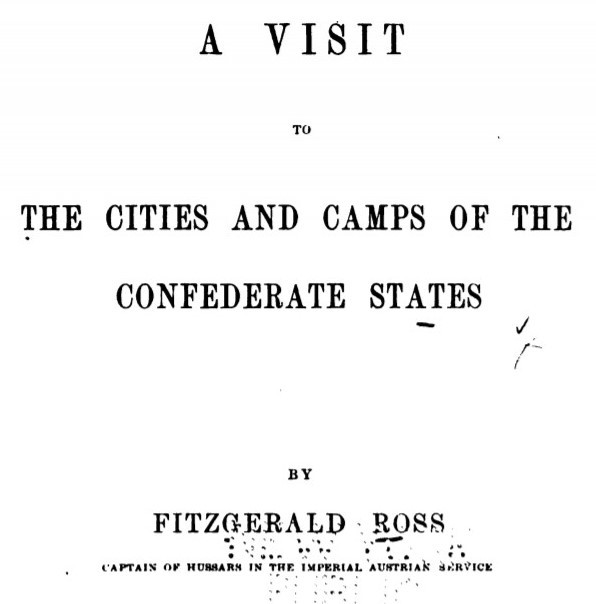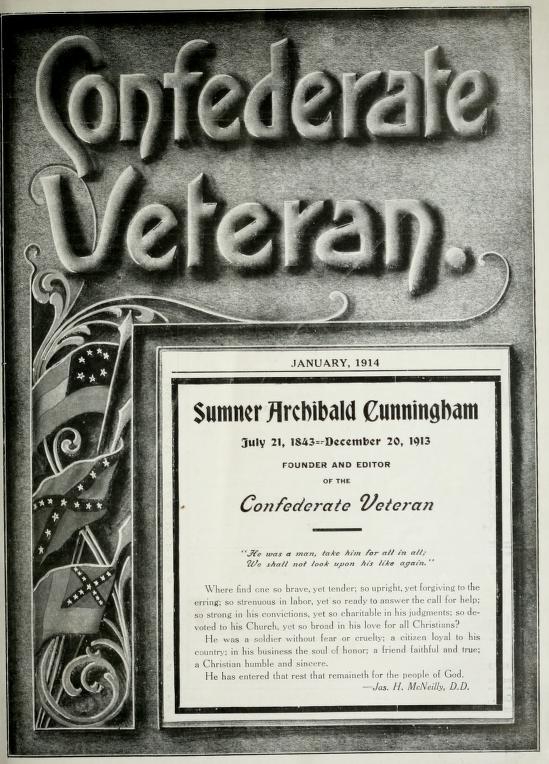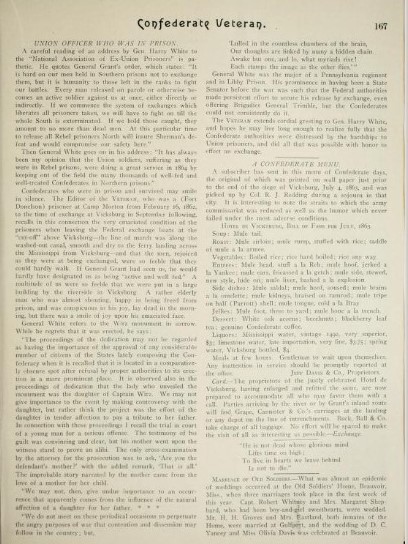Throughout the War
The American Civil War lasted from April of 1861 to the April of 1865. In this time, blockades, morale, supplies and Confederate response all underwent change. In a way, the Confederacy began "without any material for carrying [the war] on except men."
A Visit to the Cities and Camps of the Confederate States
An account of European visitor Fitzgerald Ross, as he tours Confederate military lines, cities, and active battlefields and invasions, from the spring of 1863 to 1864. Ross documents military movements, supply issues, and the daily life of those around him.
In the antebellum (pre-war) period, the North had supplied the South with much of its luxury goods: things such as "hardware, schoolbooks, stationery, dry goods, medi- cines, implements of agriculture, some groceries, carpets, hats, shoes, pins, needles, matches" (Herman, 202). However, after the Union began the blockades shortly after the war started, many of these products became hard to get for the people of the Confederacy.
As the war went on, the blockades worsened. Many textile items, such as blankets or socks, were in high demand with little supply to meet it. By the second year of the war, cities and towns were requested by military officals to give supplies like cotton, animals, and food perservatives to the military. By 1863, some Confederate camps were manufacturing their own supplies, such as guns, gunpowder, and clothing, as well as using blockade runners for additional items.
War Spirit at the Virginia Military Institute
A short excerpt of a cadet whom describes the morale and conditions of a military institute in Lexington, Virgina, in 1861. He describes feelings and atmosphere before, during, and after the seccession, as well as the the various movements and events that happened there.
Rank and File of The Confederate Armies (not in Haskell Monroe)
Horntense Herman describes the lives of the "rank and file" Confederate soldiers, detaling things like morale, access to goods, and their general living conditions.
A Confederate Menu
Food was variable for people during the Civil War, as seen in this article detailing the menu of the 'Hotel de Vicksburg' during the Siege of Vicksburg in July, 1863. Something of note is the high amount of mule dishes available, such as:
Memories of a Hospital Matron, Parts 1 and 2
A volunteer at a hospital located in Richmond, Virgina, describes her experience during the years of the Civil War. She describes the food, living conditions, attitudes, and daily life of the people there, as well as important events such as the Richmond Bread Riot.
"At the beginning of the war we had no scarcity of provisions... But as the war went on, only peas, dried peas, seemed plentiful, and we made them up in every variety of form of which dried peas are capable."




